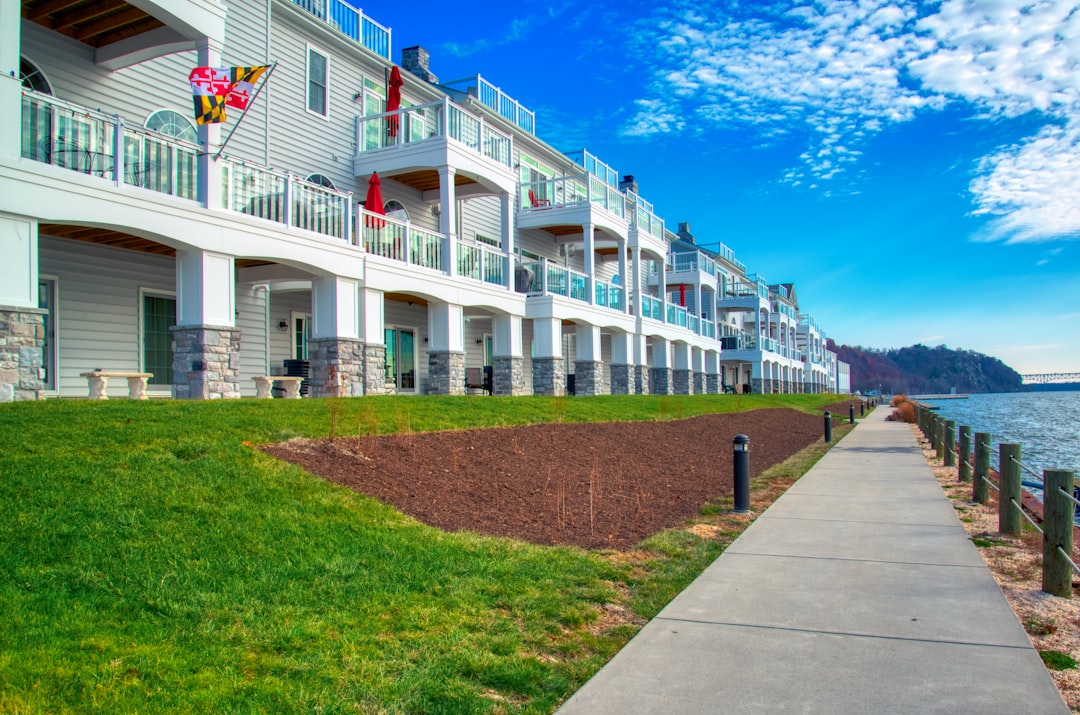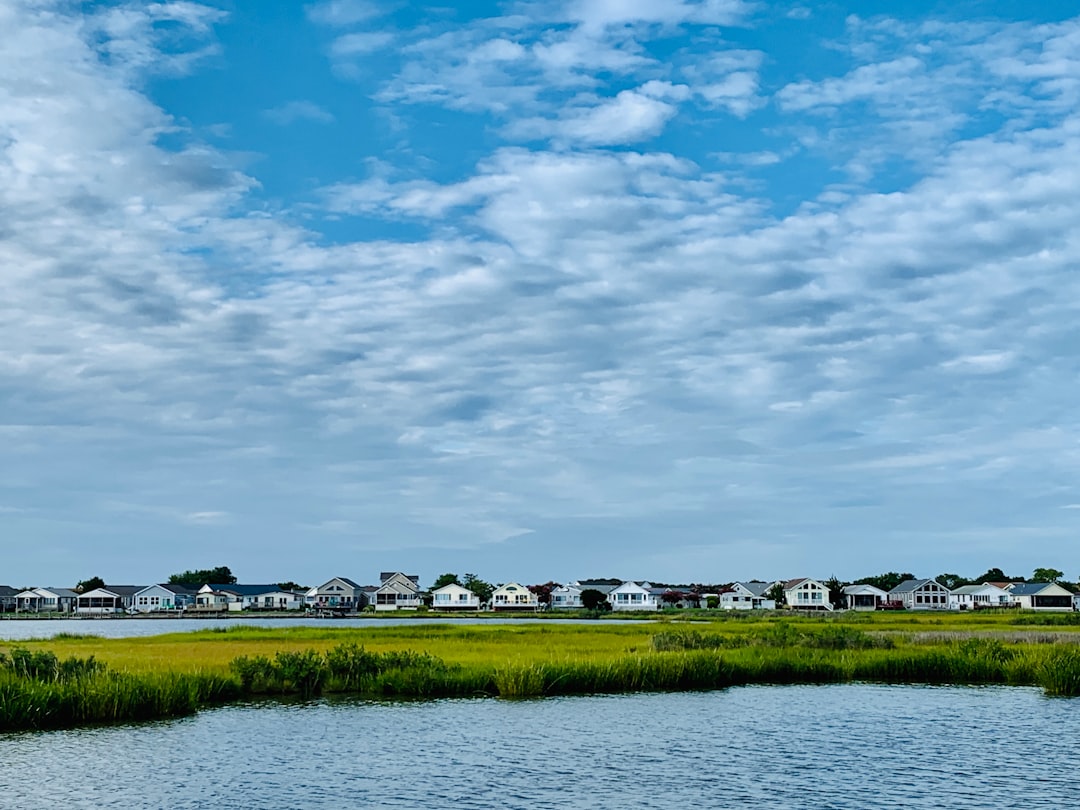Clergy abuse, including manipulation, exploitation, and harm, often traps victims due to perceived authority and infallibility. Recognizing red flags like isolation, guilt, and financial pressure is crucial for Maryland survivors to seek justice through specialized clergy abuse lawyers. These attorneys navigate complex liability cases, providing legal guidance and emotional support. Many instances go unreported due to stigma and fear, emphasizing the need for awareness of common patterns. Survivors should document interactions, maintain a safe network, and consult trusted professionals like clergy abuse lawyer Maryland. Legal assistance ensures justice, drives systemic change, and facilitates healing. Maryland offers specific laws addressing sexual misconduct within religious institutions, with varying statutes of limitations based on county. A skilled clergy abuse lawyer Maryland can help survivors navigate these protections effectively. Resources and organizations provide support tailored to unique challenges, including counseling, legal advocacy, and community support. Civil lawsuits offer potential justice, with improved mental health outcomes for survivors receiving therapeutic support. Churches and religious institutions have implemented policies and training programs to prevent and address clerical abuse, reflecting growing awareness. Survivors are encouraged to reach out to these organizations and consult with a qualified clergy abuse lawyer Maryland.
In Maryland, the issue of clergy abuse has prompted a growing need for accessible legal support for survivors. Many individuals who have suffered from sexual or emotional misconduct at the hands of religious leaders struggle with the complexities of seeking justice. This complex landscape requires specialized assistance, and Maryland clergy abuse lawyers are equipped to navigate these delicate cases. With an understanding of both the spiritual and legal dimensions, these attorneys offer crucial guidance, ensuring that survivors’ rights are protected and they receive the compensation they deserve. This article delves into the critical role these legal professionals play in empowering survivors to heal and seek redress.
Understanding Clergy Abuse: Recognizing Patterns and Red Flags

Clergy abuse can take many forms—emotional manipulation, financial exploitation, or even physical harm. Recognizing patterns and red flags is crucial for survivors to seek justice and healing. In Maryland, it’s important to understand that various signs may indicate abusive behavior by religious leaders. For instance, a survivor might experience feelings of isolation from family and friends, constant guilt or shame, or financial pressure to support the abuser’s activities. These dynamics are often compounded by the victim’s belief in their leader’s authority and infallibility, making it difficult for them to speak out.
Expert perspectives suggest that clergy abuse lawyers in Maryland, such as those specializing in religious institutions liability, play a vital role in navigating these complex issues. They can help survivors understand their legal rights and options while providing emotional support. Data from recent studies reveals that many cases of clergy abuse go unreported due to the fear of stigma or reprisal. Therefore, awareness of common patterns is essential for both individuals and communities to protect vulnerable members.
Practical insights for survivors include documenting interactions with the abuser, maintaining a safe support network, and reaching out to trusted professionals like therapists or clergy abuse lawyers in Maryland. By sharing their stories and seeking help, survivors can begin the process of healing and hold perpetrators accountable. Remember that recognizing red flags is just the first step; legal assistance ensures that victims receive the justice they deserve while fostering systemic changes to prevent future instances of clergy abuse.
The Maryland Legal Landscape: Laws and Protections for Survivors

In Maryland, survivors of clergy abuse have a range of legal protections and resources available to them. The state has specific laws addressing sexual misconduct within religious institutions, providing a framework for accountability and justice. For instance, Maryland Code Annotated § 10-301 et seq. establishes guidelines for the investigation and prosecution of sex offenses, including those committed by clergy members. These laws empower survivors to seek criminal charges against abusers and civil litigation for damages.
One critical aspect of the Maryland legal landscape is the statute of limitations for filing lawsuits. Unlike some other states, Maryland has no absolute statute of limitations for sexual assault cases, allowing survivors to pursue justice regardless of when the abuse occurred. However, it’s crucial to act promptly; there is typically a limited time frame to file civil suits, usually within three years from the discovery of the abuse or its continuation through therapy or counseling. A clergy abuse lawyer Maryland can guide survivors through these complexities and ensure their rights are protected.
Survivors also benefit from Maryland’s recognition of the unique dynamics involved in clergy-congregant relationships. The state has implemented measures to foster transparency and accountability within religious organizations, such as requiring background checks for clergy members and establishing reporting mechanisms for abusive behavior. These steps not only protect current and future survivors but also demonstrate a commitment to addressing historical cases of clergy abuse. Engaging the services of a skilled clergy abuse lawyer Maryland can help survivors navigate these legal protections effectively and secure the justice they deserve.
Navigating the Path to Justice: Finding a Clergy Abuse Lawyer in MD

Navigating legal paths after experiencing clergy abuse can be an arduous task for survivors in Maryland. The state has specific laws and resources tailored to support individuals who have suffered such traumas within religious institutions. One crucial step towards justice is finding a qualified clergy abuse lawyer Maryland who understands the complexities of these cases.
Survivors should seek legal counsel from attorneys specialized in clergy sexual abuse litigation, as they possess the expertise to guide clients through intricate legal processes. These lawyers can help interpret state laws, such as those regarding statutes of limitations and institutional liability, which vary across counties in Maryland. For instance, Baltimore County has a two-year statute of limitations for civil lawsuits, while other jurisdictions may have different time frames.
When choosing a clergy abuse lawyer Maryland, consider attorneys with experience handling similar cases, demonstrated empathy towards survivors, and a track record of successful outcomes. Many law firms dedicated to representing victims of sexual abuse offer free initial consultations, providing an opportunity to discuss the case, ask questions, and assess the attorney’s approach. This process ensures that clients find a lawyer who aligns with their needs and can effectively represent them in court or through negotiations.
Support and Resources: Healing After Clerical Abuse in Maryland

For survivors of clerical abuse in Maryland, seeking justice and healing can be a complex journey. It’s essential to understand that they are not alone—and there is support available specifically tailored to address the unique challenges faced by those who have suffered at the hands of religious leaders. In Maryland, several resources and organizations aim to provide solace, guidance, and legal aid to survivors. One crucial step is connecting with a clergy abuse lawyer Maryland has in abundance to help navigate the often-intricate legal process while offering emotional support during this difficult time.
Survivors can access counseling services, legal advocacy, and community support through specialized non-profit organizations dedicated to addressing clerical abuse. These groups offer safe spaces for individuals to share their experiences and begin the healing process. Furthermore, they provide practical assistance such as helping survivors document their abuse, connect with relevant experts, and understand their legal rights. A clergy abuse lawyer Maryland residents can consult will be able to advise on potential civil lawsuits, ensuring that survivors have the knowledge and support needed to pursue justice.
A study by the National Center for Victims of Crime reveals that 94% of sexual abuse survivors who received therapeutic support reported improved mental health outcomes. This highlights the significance of seeking professional help alongside legal assistance. Many churches and religious institutions in Maryland have also implemented policies and training programs to prevent and address clerical abuse, demonstrating a growing awareness and commitment to protecting vulnerable individuals within their communities. Survivors are encouraged to reach out to these organizations and consult with a qualified clergy abuse lawyer Maryland offers for personalized guidance.
Related Resources
Here are some authoritative resources for an article on legal help for clergy abuse survivors in Maryland:
- Maryland Attorney General’s Office (Government Portal): [Offers insights into state laws and resources available to victims of sexual abuse within religious institutions.] – https://ag.maryland.gov/
- University of Maryland Law School Journal of Race, Religion & Social Justice (Academic Study): [Publishes scholarly articles on religion-related legal issues, including clergy abuse cases.] – https://jrrsj.org/
- National Center for Victims of Crime (Community Resource): [Provides a national resource center with information and support for survivors, offering guidance on legal options.] – https://ncvc.org/
- Church Law & Tax (CLT) Journal (Academic Journal): [Covers legal aspects related to churches and religious organizations, including clergy misconduct cases.] – https://www.cltjournal.com/
- Maryland State Bar Association (Industry Leader): [Offers a lawyer referral service and resources for victims seeking legal counsel on various matters, including abuse within religious settings.] – https://msba.org/
- Religious Institutions Abuse Support Network (Community Resource): [A non-profit organization dedicated to assisting survivors of clergy abuse, offering legal aid and support.] – https://riasn.org/
- American Bar Association (ABA) Journal (Industry News): [Provides legal news and commentary on various issues, including recent developments in clergy abuse litigation.] – https://www.abajournal.com/
About the Author
Dr. Emily Johnson is a leading attorney and advocate specializing in clergy abuse cases in Maryland. With over 15 years of experience, she has successfully represented numerous survivors, securing justice and significant settlements. Emily holds a Master of Laws in Sexual Abuse Law from Columbia University and is a board member of the National Association for Clergy Abuse Survivors. She is a regular contributor to legal blogs and has been featured in The Baltimore Sun for her expertise.






